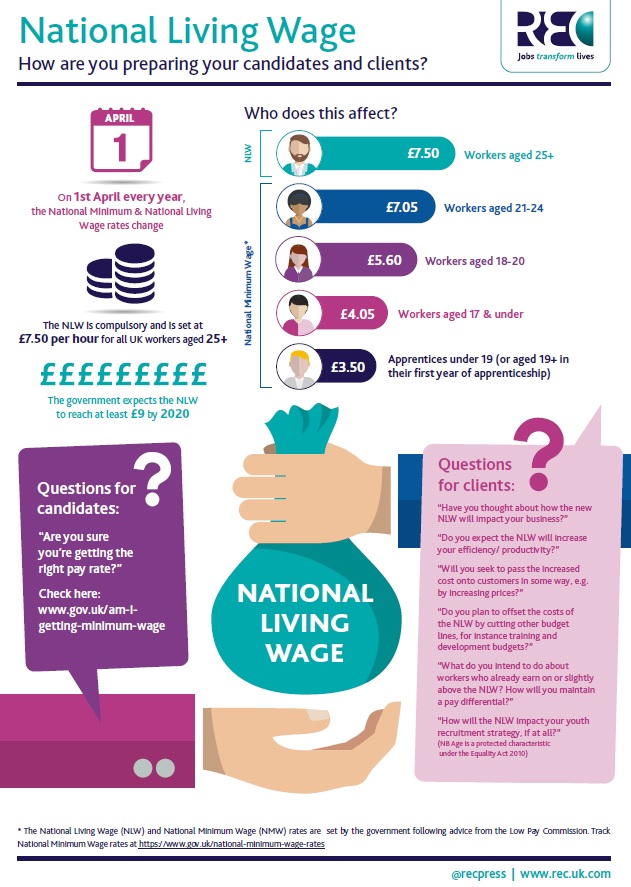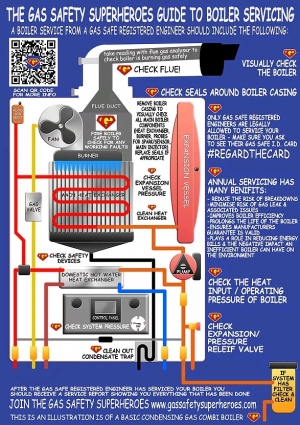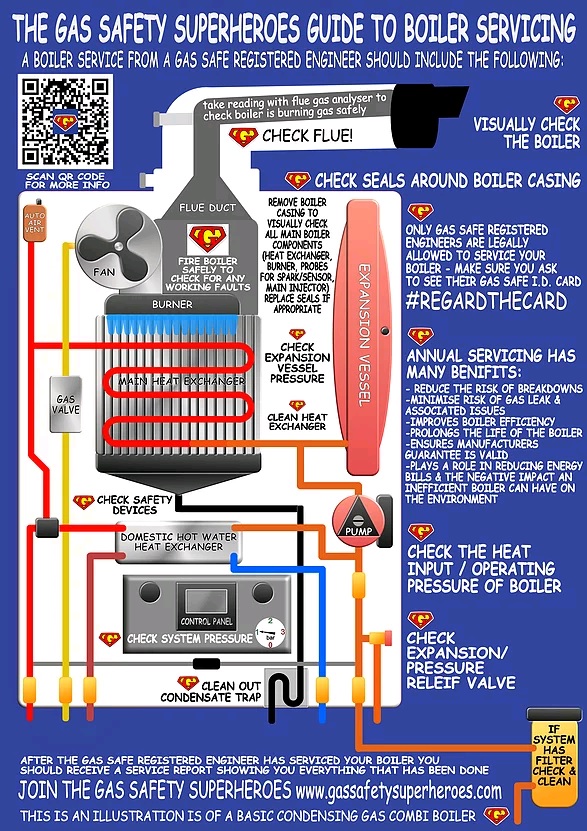Test Owner
January to June: A 6 month review of a big year for SER Limited
2017...
... The year that:
• Donald Trump became the 45th president of the USA
• Article 50 was triggered to commence the process of the UK leaving the European Union
• SER moved offices to facilitate growth
• Theresa May called a snap general election
• The Scottish government received new powers
• SER takes strides in changing peoples views of recruitment services
• SER expands and see new sectors added to the range of specialisms
There is no denying that 2017 (so far) has seen some monumental changes across the globe, but also here at SER - with the recruitment of new staff, moving offices and also expanding in to new sectors, we recognise how big this year has been for us.
We are expanding the range of services that we offer to include a managed service and video interviewing; all aimed at improving the service that clients receive.

Gary Bentley, Managing Director at SER Limited, says "We are proud of what we have achieved so far and we are looking forward to seeing more growth in the future. We have made lots of investments in people and premises and over time we will see the results of this.
Recruitment is all about relationships and people, we are focussed on improving the service that our customers receive, which is why we are reviewing our processes and providing refresher training to each of our consultants. We would encourage you to let us know what you would like from your recruiters"
Our target for the next 6 months:
• We want to understand our customers on a greater level.
• We want to ensure you receive the right level of communication from us.
• We want you to feel valued.
• We want to continue changing peoples views of recruitment.
"Changing Peoples Views of Recruitment Services"
BESA and ECA launch engineering services manifesto
In preparation for the general election, which took place on June 8th 2017, BESA and ECA launched engineering services manifesto.
They have developed the 5 point industry manifesto, which adds to a recent submission by the ECA and BESA on the government's industrial strategy consultation calls for the following:
• Connecting the output of construction and operation of the UK's built environment, and making it a strategic priority, to enable the sustainable delivery of economic, social and environmental benefits. Engineering services is uniquely positioned as a cornerstone of both sectors and has a central role in delivering these benefits throughout the lifetime of built assets, and, as a key enabler, should be selected by government for a 'sector deal'.
• Ensuring that SME apprenticeship training is fully funded for the entire parliament. At present, there is significant concern that firms that are not required to pay the new apprenticeship levy may not be able to access the support they need to develop engineering and other technical skills.
• Ensuring government is a smart client and smaller businesses have stability of cash-flow and payment. A key request is for a digital payment platform in the public sector, linked to digital procurement processes. This would give greater transparency and speed to supply chain payment and lower supplier risk.
• Making energy, heat and carbon efficiency a real sustainable delivery priority within the next parliament. Achievable energy efficiency goals, backed by government, need to be fulfilled if we are to meet our emissions reductions targets in the lowest cost way, as well as offering a way for businesses to improve their productivity.
• Improve productivity through action to enhance employee engagement. Government should introduce additional requirements in the procurement process to help mitigate against false self-employment and other tax avoidance schemes, and facilitate improved employer-worker collaboration, resulting in enhanced productivity.
ECA CEO Steve Bratt and BESA chief executive Paul McLaughlin commented:
"The next government has a great opportunity to deliver an investment and regulatory climate in which industry thrives and where buildings and infrastructure support UK growth and productivity.
"Our five-point manifesto would support business, by delivering highly skilled apprenticeships, giving SMEs the opportunity to grow, and ultimately, improving UK productivity."
More information can be found here: https://www.thebesa.com/news/besa-and-eca-launch-engineering-services-manifesto/
Announcement from the Fire Industry Association (FIA)
Announcement from the Fire Industry Association (FIA)
The Fire Industry Association (FIA) have announced that they will be offering four new qualifications for the fire detection and alarm sector, available to book from early July after the official launch at FIREX in June.
The four new qualifications are designed to reflect the four main job roles of the sector:
• Designer
• Installer
• Maintainer
• Commissioner
The FIA have worked in combination with employers, recruiters, member organisations, and learners to identify these four main areas of study, which directly relate to specific jobs roles, and develop the qualifications around the precise needs of each specific job role.
There have been years of research to develop the new qualifications, and they have been designed to give those working in the industry, those wishing to join the industry a professional in-depth knowledge of their specialist field. These qualifications include a Level 3 on the Regulated Qualifications Framework (RQF), equivalent to an A-Level or NVQ Level 3.
The new qualifications are also the equivalent to a Level 4 on the European Qualifications Framework - one level higher than that specified in the newly released Standard, EN 16763 - the services standard that specifies the minimum level of education for those working in the fire and security services sectors.
4 New Qualifications Revealed
'Our members and learners have very much guided us in the process of designing these new qualifications. Through surveys and feedback, we've kept an open dialogue with the industry to create qualifications that will be hugely beneficial to both learners and employers,' said Ian Gurling, Training Manager for the FIA.
'It became important early on to us to design new qualifications that cover a wide range of theory, but in a way that is relevant to each individual job role within the fire detection and alarms sector.'
Each qualification begins with a Foundation unit, which gives learners a thorough understanding of the relevant standards, and best practice for the industry.
One the learner has passed this, they can then progress through the other units before choosing their final unit from a choice of four, which will qualify them in their chosen area of Design, Install, Maintain, or Commissioning.
'In order to create these qualifications, we had to set up an Awarding Organisation, to formally recognise the qualifications, and register the new qualifications with Ofqual,' said Ian Gurling, AO Manager for the FIA. 'The new Awarding Organisation, I'm proud to reveal, is called the FIA AO - the Fire Industry Association Awarding Organisation.'
The qualifications in design, installing, maintaining, and commissioning fire alarms will be available nationwide at a range of centres in England, Scotland, Wales, and Northern Ireland and are approved by the relevant government bodies for official qualifications in each country.
The FIA will be officially launching the qualifications at their stand at FIREX International (20th-22nd June at ExCel London), where visitors can pick up a brochure, ask questions, or listen to one of the FIA's seminars to find out more about the new qualifications.
- See more at: http://www.fia.uk.com/news/fia-reveals-new-qualifications-for-the-fire-detection-and-alarm-sector-.html
The Gas Safety Superheroes guide to boiler servicing
Drives and Controls Expo to take place between 10th and 12th April 2018
The UK's leading exhibition for Drives, Automation, Power Transmission and Motion Control Equipment will take place 10th to 12th April 2018.
For more information, you can visit their website: http://www.drives-expo.com/
This exhibition will be co-located with: Air-Tech Exhibition, Fluid Power & Systems, Plant & Asset Management, Smart Industry Expo, Mach and What's New in Electronics Live.
Experts say CO regulations need to go further
The Government's annual English Housing Survey has shed light on the serious lack of carbon monoxide (CO) alarms in privately rented homes. Honeywell is calling for a change in legislation to ensure tenants have more protection.
Figures published in March 2017 revealed that from 2015 to 2016, just over a quarter of households had a CO alarm. This figure is even worse in rental properties where four in every five homes did not have a CO alarm and are not protected from the risks of CO poisoning.
Owner occupied dwellings (31%) were more likely than the private rented sector (21%) to have a CO alarm. Social rented dwellings are also more likely than private rented dwellings to have one.
In light of this research, Honeywell is calling for an overhaul of the current legislation around CO alarms in private rented accommodation.
Adrian Keats, from Honeywell's Home Safety business, commented, "We desperately need to see some improvement on the number of homes protected by CO alarms. In October 2015, the Government introduced the Smoke and Carbon Monoxide Alarm (England) Regulations for private rental homes. However these regulations currently only require landlords to fit CO alarms in rooms containing a solid-fuel burning appliance. The issue with this is the legislation completely disregards gas-fuelled products such as boilers and cookers, therefore covering a mere 8.2% of the entire private rental sector."
This article appeared in the May 2017 edition of Installer
SER were in attendance at Drain-ex , Tip-ex and Tank-ex on Thursday 1st June in Harrogate
Rebecca Goodwin and Andrew Billington attended this year's drainage, water & wastewater event at the Harrogate International Centre, and this year the show teamed up with TIP-ex and TANK-ex to make it a much bigger show.
Andrew Billington has said of the event, "At SER we are always committed to improving our knowledge of the industries we deal in. I decided to attend the Drain-ex, Tip-ex and Tank-ex show to broaden my knowledge of the drainage, plant and weighing technology available.
I spoke to some very knowledgeable companies about new technologies and plans for the future. It was great to see so many companies demonstrating the new technologies available on their fleets, which were impressive and gave me a fuller understanding of how this technology is progressing within the industry.
I feel I came away with more of an understanding of the industry, which will be beneficial to me, my clients and my candidates moving forward.









